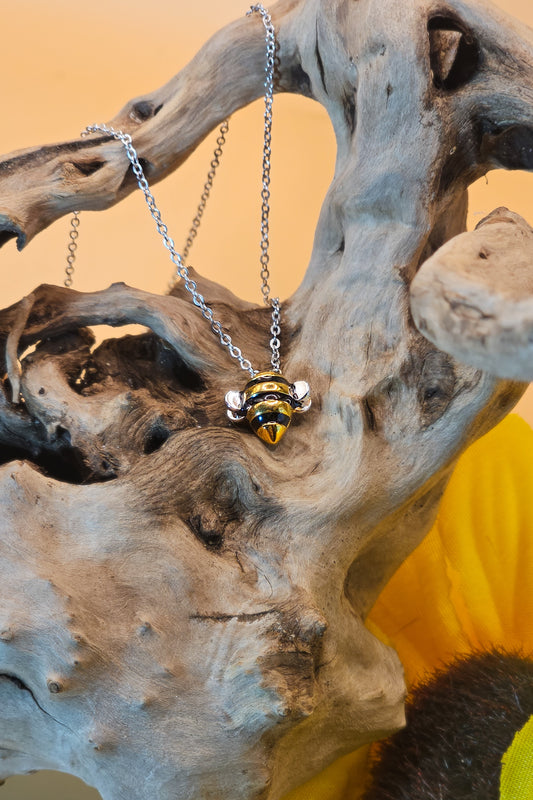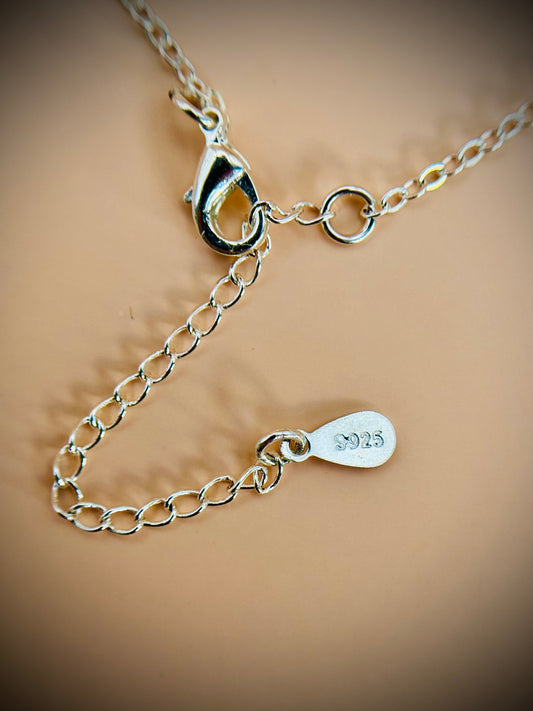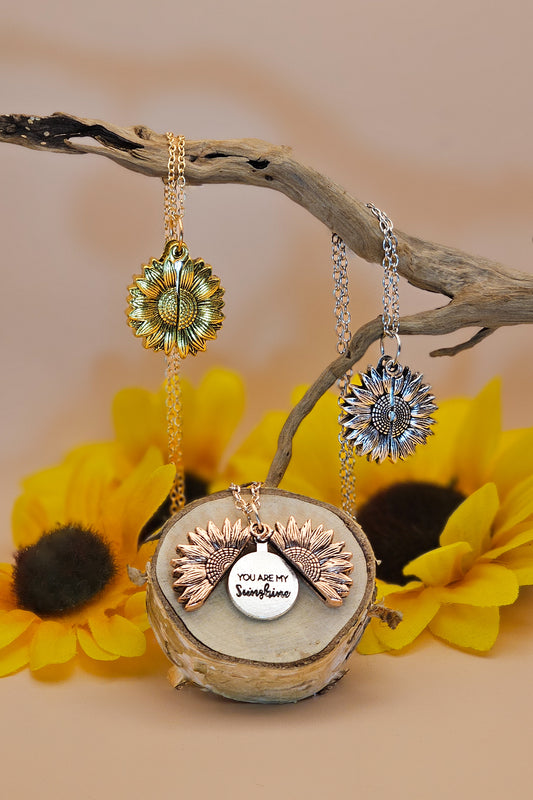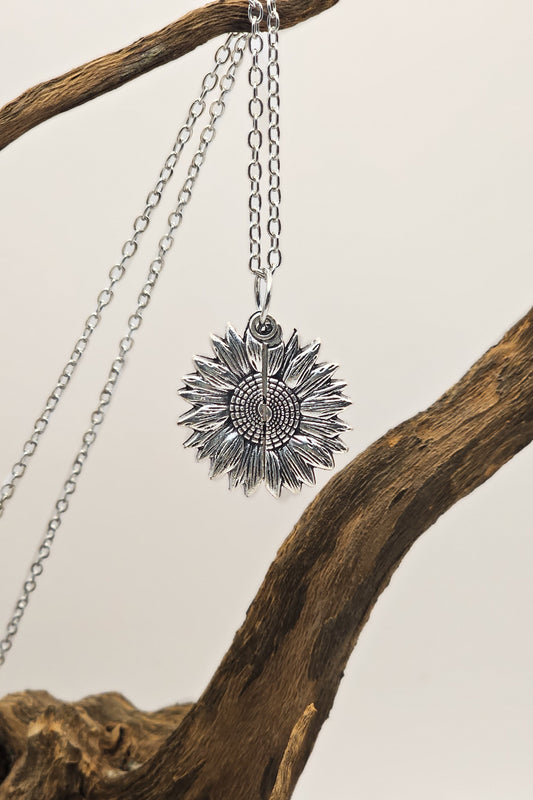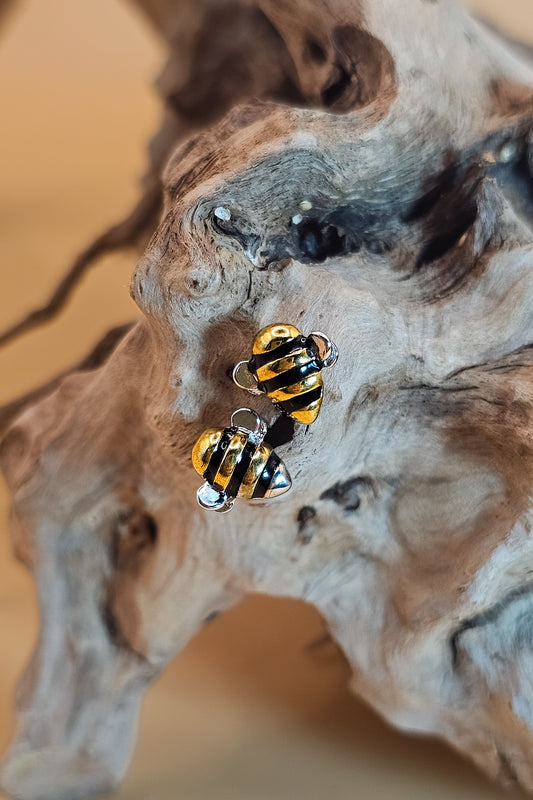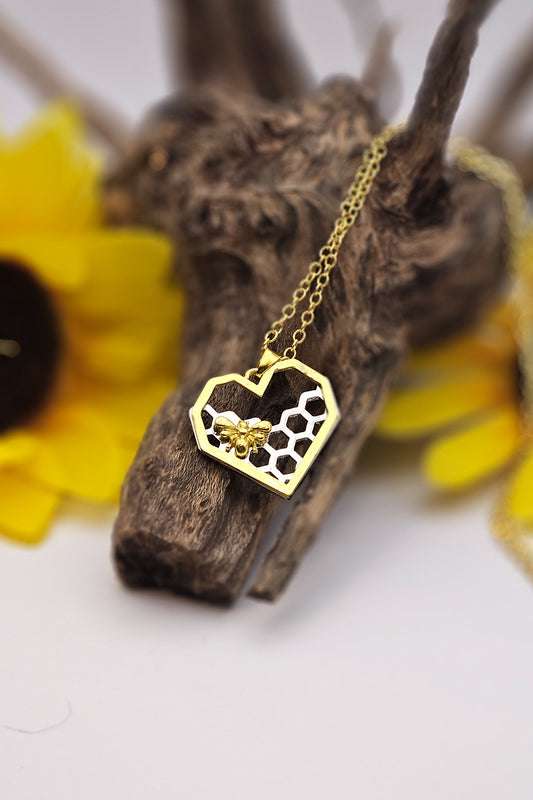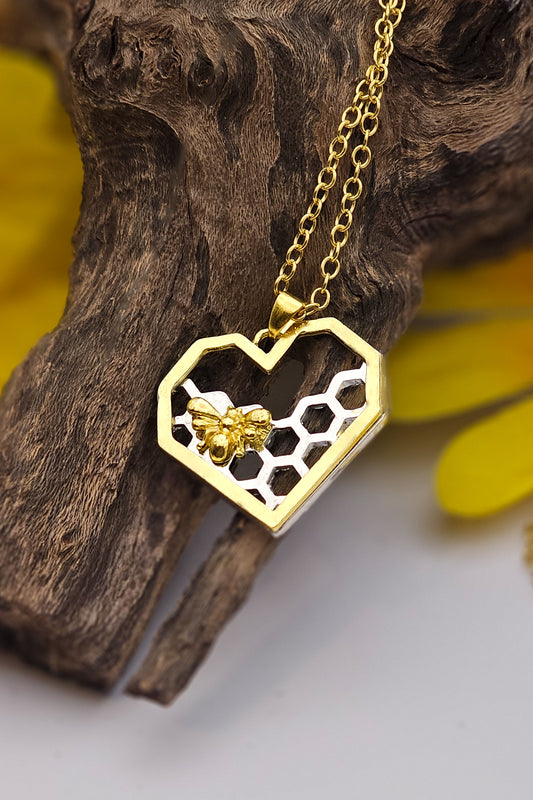Coffee is one of humanity’s favorite natural treats, and in large part we have bees to thank that it is so readily available. In fact, it is estimated that bees pollinate 20-25% of the coffee we drink, increasing the yield. And they make the beans more uniform in size, improving the coffee quality. This can add extra to the bottom line of small coffee farmers.
Breaking News! Today at Bee Mission we are launching our latest product line... our coffee collection! Starting with two varieties of ethically sourced 100% organic ground coffee for your enjoyment... regular strength Colombian Supremo ground coffee and double-caffeinated Bee Sting dark roast ground coffee. And if you love saving money, Subscribe & Save. Check out our ground coffee here.
As it turns out, bees love coffee as much as we do! Caffeine boosts our energy and our mood. It’s a favored social drink that just makes us feel good all over.
FUN FACT: Coffee plants provide major quantities of oxygen for our planet. A hectare (2.5 acres) of coffee plants produces up to 86 pounds of oxygen per day.
The following 3:46-minute video shows our favorite winged buzzers busy at work getting a coffee buzz themselves:
As it turns out, bees can be just as addicted to coffee as we are. When they pollinate a coffee plant, they take low doses of caffeine on board as they drink in the flower nectar. This makes those coffee bees BUZZ and keeps them flying high, just like we buzz and hum when we enjoy the delights of the bean that keeps the wheels of society turning.
Honeybees have many hazards to contend with these days like pesticides, colony collapse disorder, lack of wild flower nectar, and varroa mites. The coffee bush has just as challenging a time, facing issues like soil fertility, pesticides, diseases like coffee leaf rust and pests like the coffee borer beetle. Together, bees and coffee thrive.
Coffee usually grows in the tropics, where it can be found on small farms and large plantations. Is it a plant or a tree? It is known as both… the coffee plant is a woody perennial and can grow to about 30 feet tall, with a solid main trunk and many layers of branches, so it is also considered a tree.
FUN FACT: It takes a coffee plant 3-4 years after the seeds are planted to produce its first sweet smelling flowers.
There are many species, but most of the world prefers to drink Arabica (Coffea arabica) or Robusta (Coffea canephora). Arabica accounts for about 80% of all coffee consumed, and some consider it a higher quality, whereas Robusta is exactly that—more robust and higher in caffeine. It accounts for only about 20% of the world's coffee consumption.
FUN FACT: Arabica is self-pollinating, but Robusta depends on cross-pollination. Bees happily pollinate all coffee, expanding the yield and enhancing the quality.
Only oil out-trades coffee as the most traded commodity on the international “C” or commodity markets in New York (Arabica) and London (Robusta). Coffee is big business, with millions of people worldwide earning a living from coffee in one way or another. Many people profit from coffee along the way, with tons of middlemen and businesses involved. Some prosper much more than others.
All coffee aficionados, connoisseurs and home-brew baristas should keep in mind that coffee farmers in many countries live on the edge of poverty and can be wiped out by just one bad season. Coffee is a cash crop commodity to some, and a marginal multi-generational family business to others. The human component is not always taken into consideration. Our coffee farmers must be able to make a decent living, pay their debts and feed their families so future generations will continue to grow amazing coffees for the world to enjoy.
Imagine that the small farmer in a country like Ethiopia may receive as little as 8 cents of the $4.95 cup of coffee you buy in a coffee shop. This is a case of two economies crashing into each other—first world and third world. It reminds us to make personal choices that help everyone to get their fair share.
So let's turn up our gratitude towards bees for coffees that please!
About Bee Mission 🐝
At Bee Mission, our purpose is to support the repopulation of bees worldwide. Bees are responsible for pollinating 1 in 3 bites of food we eat, yet their numbers are in rapid decline. That’s why every purchase helps build, sponsor, and sustain new hives.


